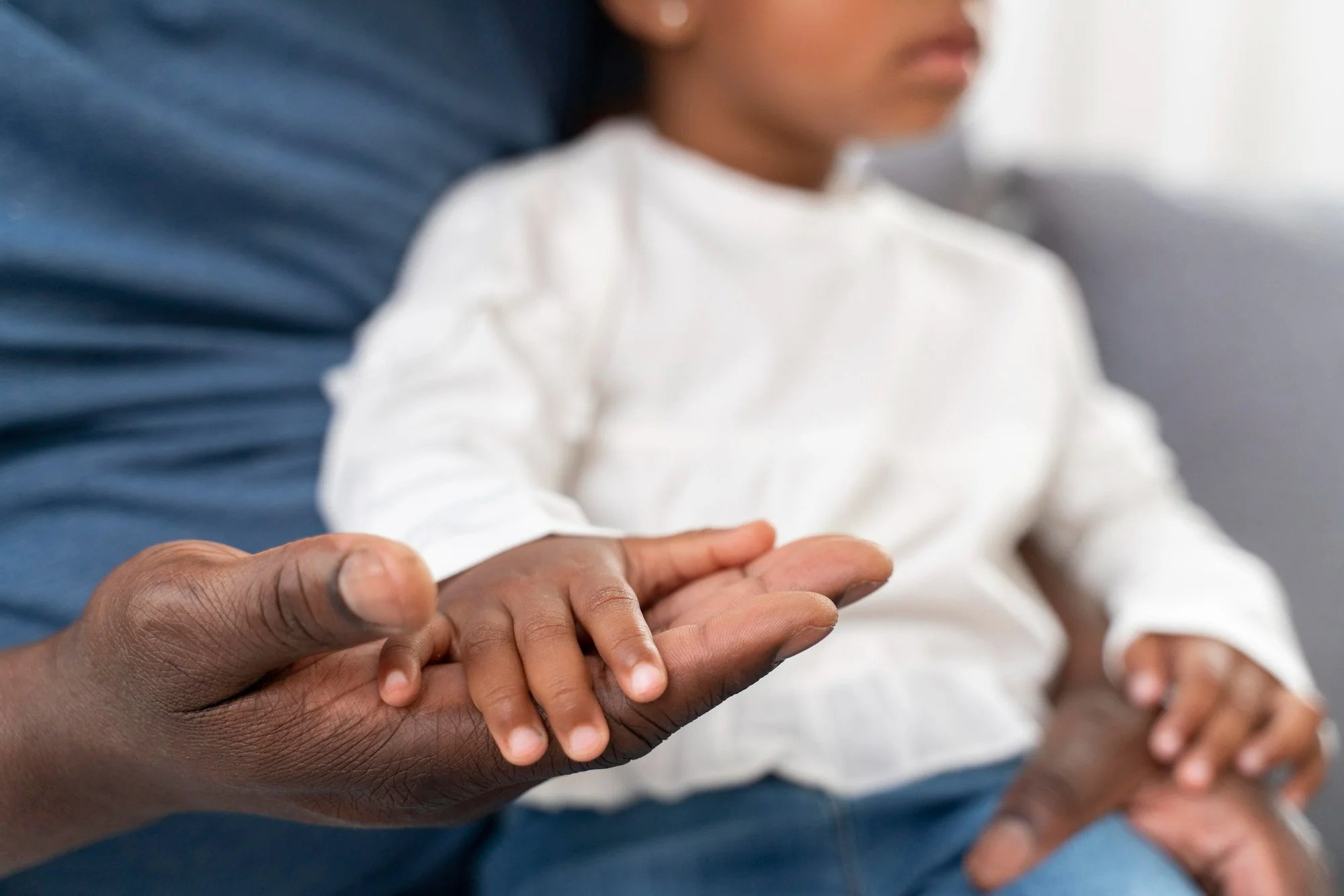Finding Peace in Pain: Navigating Grief and Loss After Having a Full Hysterectomy and the Death of My Dad
Life can deliver blows that reshape our existence in profound and often painful ways. When these impacts come simultaneously, the weight can feel overwhelming. Experiencing the loss of my dad in July, just three months after having undergone a total hysterectomy, hit the very core of my being. Yet, within this darkness, I was challenged to find peace along the path. Although I am still in the throes of grieving the loss of my dad, I am beginning to see threads of resilience, acceptance, and self-compassion. This is due in part to the following:
Acknowledging the Depth of My Pain
The most challenging part, but the first step towards healing, is acknowledging the breadth and depth of your pain. Grief is an unpredictable wave that can engulf you at unexpected moments, and each person’s experience is unique. Losing my dad was a profoundly personal sorrow that shook my foundation, and having it happen just a few months after having a total hysterectomy brought alongside it not just physical recovery but also emotional and psychological adjustments that I am still navigating. I know and am reminded by many that allowing yourself to feel these emotions fully without judgment or suppression is essential. Cry if you need to; I have almost done this daily. Speak your pain; I try not to get on folks’ nerves. Write down your thoughts; I journal daily. It all gives grief the space it demands and allows peace to form.
Honoring My Father’s Memory and My Own Journey
Finding peace often begins with honoring the memories we hold dear and recognizing our own bravery in facing life’s trials. Unplanned, I have created rituals to keep my dad's spirit close, creating a sanctuary for red cardinals and other birds to visit and documenting when they appear, stepping outside every morning and evening and saying Good Morning/Evening after acknowledging God, and sharing stories about his life and the impact he had on me with family and friends. These acts of remembrance serve as a comforting bridge between the past and the present.
Moreover, acknowledging my own journey through a total hysterectomy is equally vital. Such a procedure signifies a profound physical loss and hormonal and emotional shift. This, too, is a loss that produces deep grief. Losing your reproductive organs marks the end of a unique chapter in your journey as a woman. Amid the mental highs and lows, I continually remind myself of my resilience in facing this challenge, bringing me peace.
Seeking Support from Others
Grief does not have to be a solitary journey. Reaching out for support can significantly lighten your emotional burden. Although I have not officially returned to professional therapy or sought out support groups, yet, I have leaned heavily on my wonderful family and friends, and sharing my experiences has provided comfort. There's an unspeakable solace in knowing others see and validate your pain, which helps me find peace.
Finding Meaning in Pain
Transforming pain into something meaningful can be a powerful form of healing. I am beginning to find a path to new purposes within my grief. I have started to engage in activities that help me process my emotions, such as writing. It has not only provided a way to express my sorrow but also honor my father’s memory. It has also helped me process my journey through significant medical change. I desire to begin doing more to support others experiencing similar losses. This can create connection and purpose, reinforcing a sense of community and shared resilience. By helping others, I also make room for my healing and find peace.
Practicing Self-Compassion
Being gentle with myself is crucial in navigating grief. Healing is not a linear process and involves patience and self-compassion. Something I struggled with doing before but now recognize the importance of prioritizing is identifying activities that nourish my soul. I call them “soul-deep moments”— practicing mindfulness, engaging in gentle exercise, immersing myself in hobbies, or simply allowing myself to rest. I am listening to my body and mind, offering what they need to recover and creating peace.
Embracing the Dualities of Life
One of the most challenging aspects of finding peace in pain is accepting that joy and sorrow coexist. Allowing yourself to experience moments of happiness does not negate your grief.
Instead, it is part of the complex human experience to hold both light and dark, love and pain, simultaneously. It’s easier to imagine than to implement. However, these dualities do not diminish the loss's significance but enrich life's tapestry.
Finding peace amidst such profound pain is a journey marked by many small steps rather than leaps. It involves acknowledging your grief, honoring your loved one’s memory, seeking support, finding meaning, practicing self-compassion, and embracing life’s dualities.
As I continue to navigate this path, I must remember that there is no timeline for healing. Each moment of grace I extend to myself, each tear shed, and each memory cherished leads me closer to a place of peace. In these vulnerable moments, I continue to discover the quiet, resilient strength within, guiding me through the darkness toward the light…. on my path to peace.
Monica Wood holds a bachelor's degree in Speech from the historically black university, Morgan State, where she developed strong communication and interpersonal skills. She earned a Master’s in Christian Practice from Duke Divinity, furthering her understanding of the human experience and the importance of holistic well-being. Recently, she completed a master’s in counseling from Northwestern, acquiring both theoretical knowledge and practical experience in supporting individuals through their personal and emotional challenges. For over 20 years, she has been self-employed in Public Relations and Crisis Communication, honing her ability to understand and address the needs of diverse populations. Her varied educational background and extensive professional experience demonstrate her deep commitment, expertise, and experience in psychoeducation.
